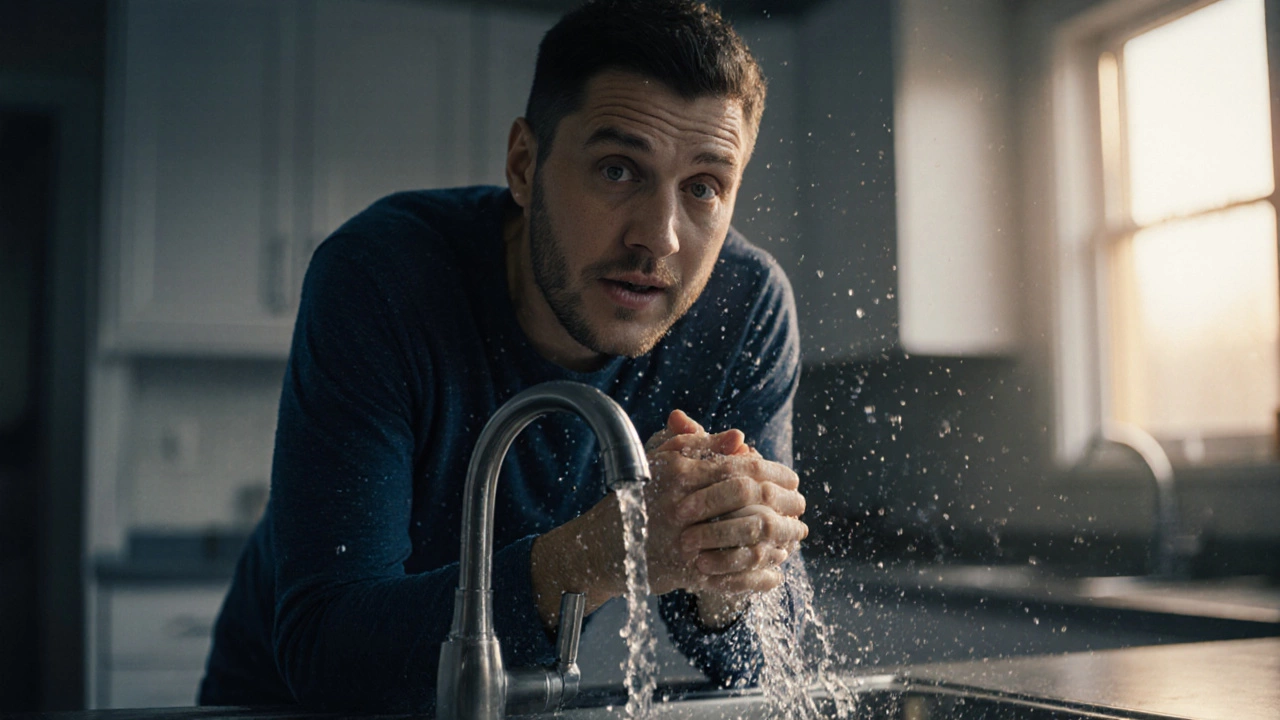When dealing with Stop Working, a common phrase that signals an appliance has suddenly ceased to function, often due to a component failure or missed maintenance. Also known as failure, it usually means something inside the machine has broken, shorted, or simply run out of life. Oven, the kitchen workhorse that heats food and Washer, the laundry machine that spins clothes clean are two of the most talked‑about examples. Stop Working encompasses appliance failure, appliance failure requires troubleshooting, and troubleshooting involves diagnosing components. Below you’ll see how these ideas link together across many devices.
Across ovens, washers, dryers, refrigerators, and more, three patterns dominate. First, electrical supply issues – a blown fuse, tripped breaker, or loose cord – cut power before any part can run. Second, worn‑out heating or motor elements – think of an oven’s heating coil or a washer’s drum motor – that can no longer create the heat or motion needed. Third, sensor or control board glitches – a thermostat that misreads temperature or a digital panel that sends the wrong command. These root causes appear in Water Heater, the system that provides hot water for showers and dishes when the reset button is pressed incorrectly, and in Boiler, the central heating unit that keeps homes warm when pressure valves stick or the gas igniter fails. Knowing which of these three categories a symptom falls into narrows the search dramatically.
Practical diagnosing starts simple: check the power, listen for unusual noises, and feel for heat where it should be. If an oven won’t heat, verify the element with a multimeter; if a washer won’t spin, see whether the lid switch clicks. For a freezer that stopped making ice, inspect the water inlet valve and temperature settings. Each step isolates a component, turning a vague "stop working" complaint into a clear part‑failure story. Safety always comes first – unplug the appliance before opening panels, and never force a stuck door or latch.
When the fix is obvious – a blown fuse, a clogged filter, a loose hose – a quick DIY repair saves time and money. But some issues, like a cracked boiler heat exchanger or a fried oven control board, need a qualified technician. That’s where appliance repair professionals step in, bringing tools and knowledge to replace costly parts safely. Below the intro, you’ll find a curated list of articles that dive deeper into each appliance type, offer step‑by‑step guides, and explain when calling a pro is the smartest move. Armed with this overview, you’ll be ready to tackle the next "stop working" moment with confidence.
Posted by
Orin Trask
0 Comments

Learn why a hot water heater suddenly stops, how to diagnose common issues, safety tips, DIY fixes, and when to call a pro.
read more